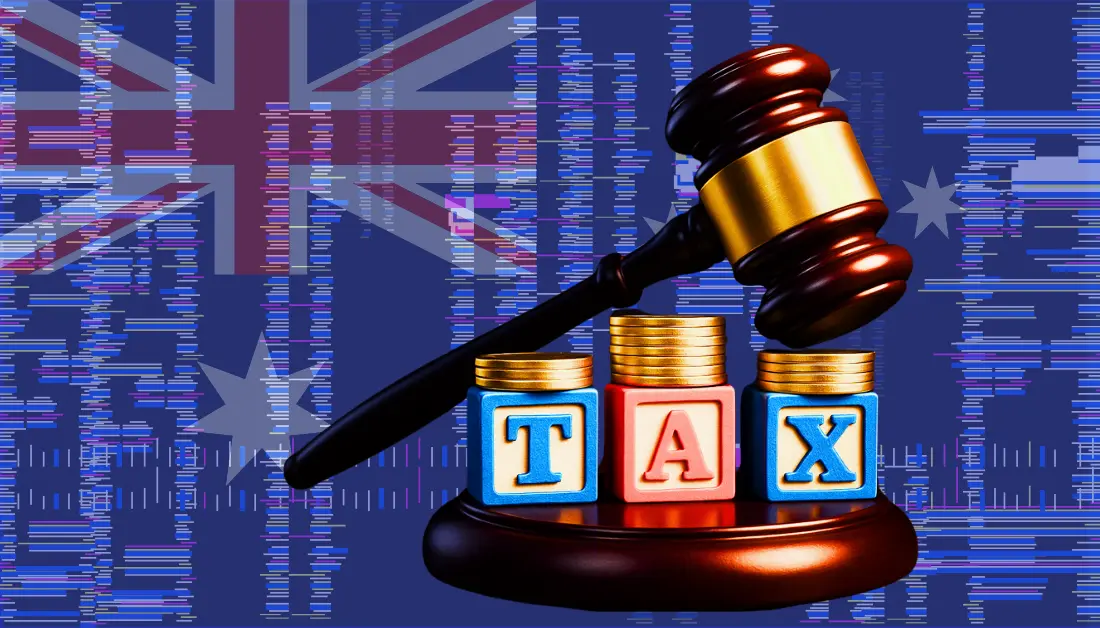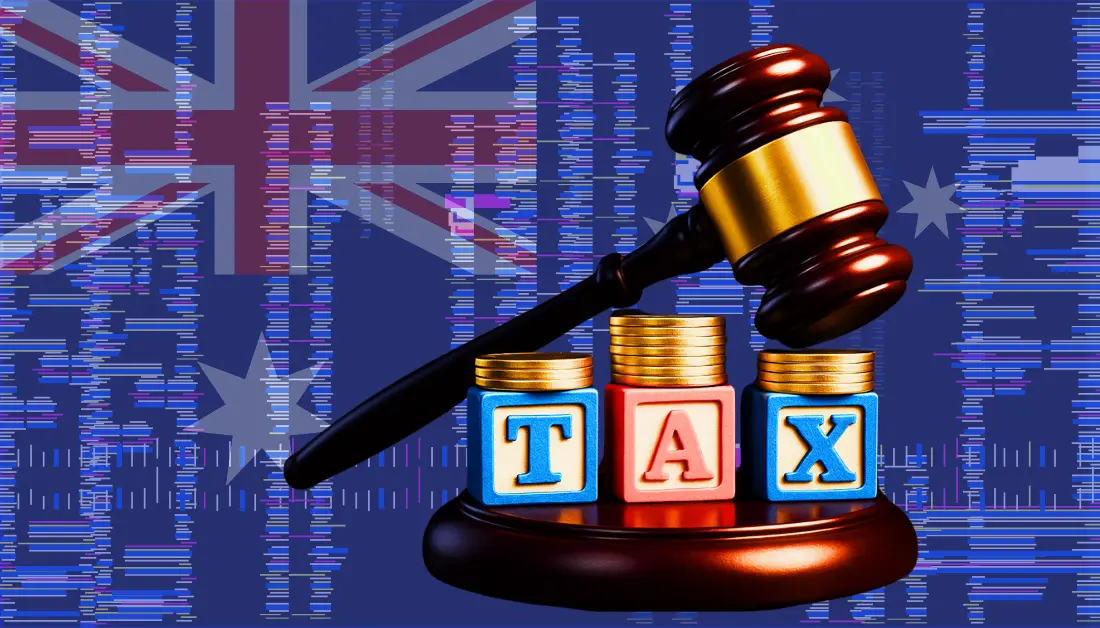Decoding Crypto Taxation Down Under: An Australian Analysis for 2025
Australia’s embrace of cryptocurrency has been nothing short of remarkable. With a substantial portion of the population diving into the digital asset arena, it’s no wonder the country’s tax implications surrounding crypto have become a hot topic. Imagine a digital gold rush, but instead of panning for nuggets, you’re meticulously documenting every trade and transaction for the taxman. Let’s delve into the pulsating heart of Australian crypto taxation, dissecting the key developments shaping the financial futures of digital asset holders.
Crypto as Property: The Taxman’s Perspective
The word on the street – or rather, from the Australian Taxation Office (ATO) – is that cryptocurrencies are treated as property, not currency. This seemingly simple classification carries significant weight, dictating how crypto-related activities are taxed. Think of it this way: every time you sell, trade, or even use your crypto to buy that fancy new gadget, you’re potentially triggering a taxable event under Capital Gains Tax (CGT) rules.
CGT essentially means that any profit you make from your crypto ventures is subject to taxation, with rates fluctuating depending on your income bracket and the duration you held the asset. The longer you hold, the better the deal: keep your crypto treasures for over a year, and you could be eligible for a nifty 50% discount on your capital gains.
This treatment extends to the vast expanse of the crypto universe, touching everything from direct sales to the intricate world of decentralized finance (DeFi) and the use of wrapped tokens. Investors must transform into meticulous record-keepers, tracking each crypto asset as an independent CGT entity. Yes, it sounds daunting. Thankfully, a plethora of tools and calculators are available to assist, but the responsibility rests on the individual to maintain accuracy.
The “Money” Moment: A Legal Earthquake?
Just when things seemed settled, a seismic event shook the foundation of crypto taxation in May 2025. In a rather unexpected twist, Victorian Magistrate Michael O’Connell declared that Bitcoin could be recognized as “Australian money” according to existing legal definitions during a Bitcoin theft case. This was not just a legal nuance; it opened a Pandora’s Box of potential tax implications.
If Bitcoin gained recognition as currency, the rules could drastically change. Crypto disposals might be treated differently, potentially sidestepping CGT altogether. The logic? Currency transactions are generally exempt from CGT.
However, pump the brakes. This interpretation is far from a done deal. The ruling is currently under appeal, throwing its validity into question. Even with the initial wave of excitement, experts urge caution, emphasizing that assuming immediate tax-free status for crypto is premature. The ATO, ever the vigilant observer, has yet to adapt its official guidance based on this ruling.
The Taxman Cometh: ATO Scrutiny Intensifies
While the legal arena remains in a state of suspense, the ATO is doubling down on its compliance efforts. Picture this: the tax office is actively targeting crypto investors, casting a wide net that impacts millions of users. This heightened scrutiny sends a clear message: the ATO is serious about enforcing existing tax laws.
Back in 2023, the ATO released updated guidance focusing specifically on the taxation of DeFi activities. The message was crystal clear: these transactions fall under either CGT or income tax rules. This proactive approach showcases the agency’s commitment to adapting existing legislation to the ever-evolving crypto landscape. Even in the absence of new laws, the ATO’s stance is firm: existing rules apply, and taxpayers must comply.
No New Laws: Stick to the Status Quo
The Australian government has publicly stated that it has no immediate plans to introduce new, crypto-specific tax legislation. Instead, the focus remains on leveraging existing tax laws – CGT, income tax, and Goods and Services Tax (GST) – to govern crypto activities. This stance reinforces the ATO’s approach and emphasizes the importance of understanding and adhering to current regulations.
However, this isn’t a static situation. The government acknowledges the dynamic nature of the crypto space and reserves the right to revisit its approach in the future. For now, investors are advised to operate under the assumption that crypto will continue to be treated as property.
Key Considerations for Crypto Investors
Given the current complexities, Australian crypto investors need to be strategic and informed. Here are key considerations to keep in mind:
- Record Keeping is King: Meticulous record-keeping is non-negotiable. Track every transaction, including purchase dates, sale prices, and associated fees.
- CGT Deep Dive: Become intimately familiar with CGT rules, especially the 50% discount for long-term holdings.
- DeFi Demystified: Understand the specific tax implications of DeFi activities.
- Stay in the Know: Follow updates from the ATO and monitor legal developments related to the May 2025 ruling.
- Seek Expert Help: Consulting a tax professional specializing in cryptocurrency is highly recommended.
The Road Ahead: Uncertainty and the Potential for Reform
The Australian crypto tax landscape is in constant motion. The appeal regarding the “Australian money” classification will be a watershed moment. A favorable ruling could unlock significant tax benefits for investors, while a rejection would cement the existing CGT framework.
Regardless of the legal outcome, the ATO’s increased scrutiny signals that crypto taxation will remain a priority moving forward. The potential for future legislative reform cannot be discounted, especially as the crypto market matures and integrates further into the broader financial system. For now, Australian crypto investors must navigate this complex environment with diligence, prioritizing accurate records and staying informed.
Navigating the Crypto Tax Maze: A Call to Action
The evolving landscape of crypto taxation in Australia mirrors the rapid innovation within the digital asset world itself. As investors, you’re not just participating in a financial revolution; you’re also becoming pioneers in navigating uncharted regulatory waters. By staying informed, seeking expert guidance, and prioritizing meticulous record-keeping, you can turn the complexities of crypto taxation into opportunities for long-term financial success. The future of crypto taxation remains unwritten, but with the right strategies, you can position yourself to thrive, no matter what the regulatory winds may bring.












